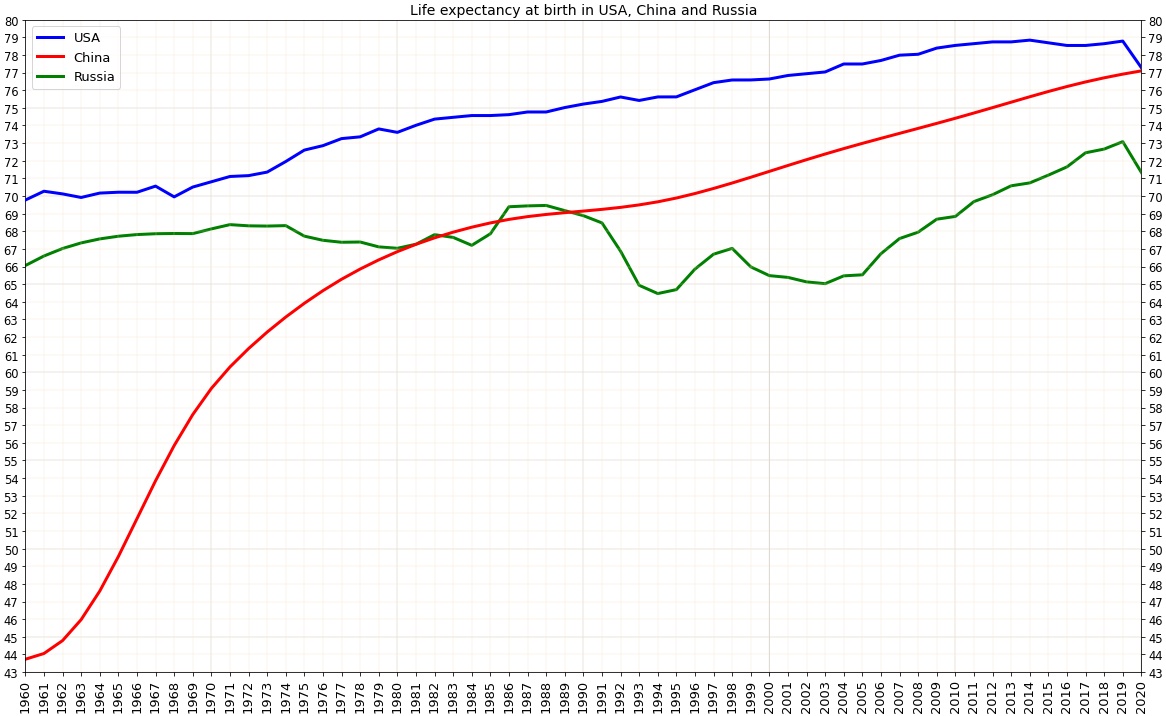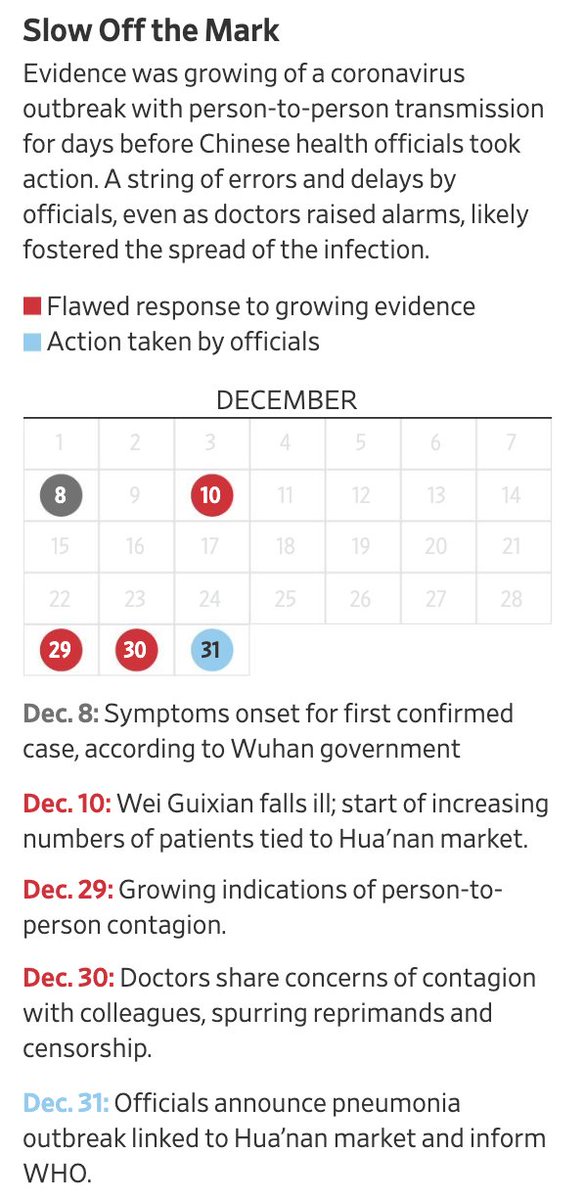How to get URL link on X (Twitter) App
https://twitter.com/aliceysu/status/1580456534475038720The story as promised, by @Kubota_Yoko @JChengWSJ and @wangjoyu

 Even more remarkable, China's maternal mortality rate is on course to slip below 16 per 100,00 (currently 16.1). The US rate was 23.8 in 2020, up from 20.1 the year before -- highest in the developed world, and expected to get worse: axios.com/2022/07/05/mat…
Even more remarkable, China's maternal mortality rate is on course to slip below 16 per 100,00 (currently 16.1). The US rate was 23.8 in 2020, up from 20.1 the year before -- highest in the developed world, and expected to get worse: axios.com/2022/07/05/mat…

https://twitter.com/f_potkin/status/1546290251395543040As the story notes, the new surveillance projects come after camera systems (touted as crime prevention measures) were either installed or planned in five cities by the previous government led by Nobel Peace laureate Aung San Suu Kyi








https://twitter.com/WSJ/status/1161646955921137665This story was the results of months of digging by @Nicholasbariyo and @JoeWSJ, who discovered Huawei technicians embedded with a Ugandan police intelligence helped crack the phone of @HEBobiwine, who was planning a concert to rally resistance to President Yoweri Museveni.

 Creepy phone snooping via the BBC's @ProducerKathy
Creepy phone snooping via the BBC's @ProducerKathy 


